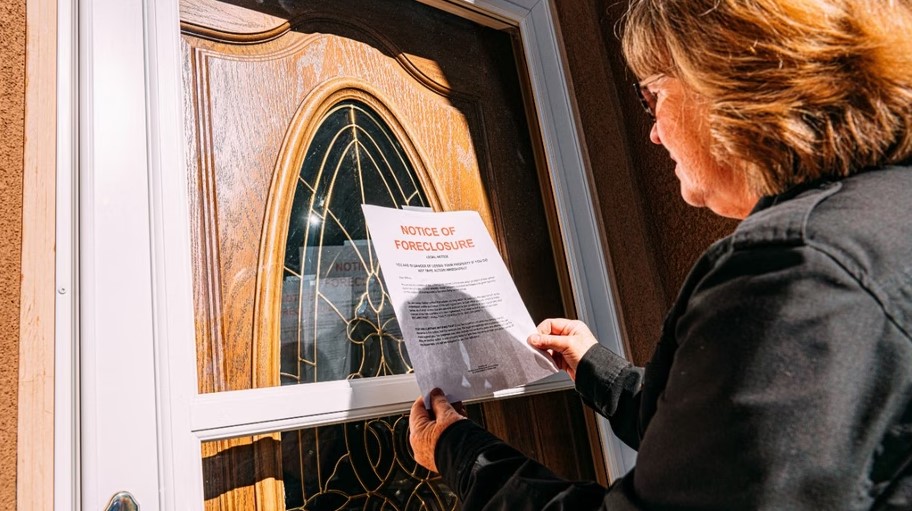Published by REALTOR.com | May 28, 2025
Illinois continues to let private investors seize homes and keep the equity—costing residents over $100 million since 2019.
“A taxpayer must render unto Caesar what is Caesar’s, but no more,” Chief Justice John Roberts wrote in the U.S. Supreme Court’s unanimous 2023 decision in Tyler v. Hennepin County.
The landmark ruling reaffirmed a basic constitutional principle: When the government takes a home to settle a tax debt, it cannot keep more than what’s owed.
And yet in Illinois, that’s exactly what keeps happening.
Since 2019, more than 1,000 owner-occupied homes in Cook County have been seized through property tax foreclosure, according to a joint investigation by Injustice Watch and the Investigative Project on Race and Equity Partnership. More than half of those homeowners owed $1,600 or less in back taxes, and in some cases, as little as $200.
Altogether, $2.3 million in tax debt triggered the loss of homes valued at an estimated $108 million, stripping families of more than $100 million in equity. Much of that wealth has ended up in the hands of private investors.
How does this happen?
“Illinois is still confiscating more than what’s owed in property taxes,” says Christina Martin, senior attorney at the Pacific Legal Foundation, and one of the lawyers who originally argued the Tyler case.
When a homeowner falls behind on property taxes in Illinois, the county places a tax lien on the home for the amount owed. That lien gives the holder the right to seize and sell the property to recover the debt.
“State law requires that the asset be auctioned off, essentially to try to recoup their overdue taxes,” explains Bryce Hill, director of fiscal and economic research at the Illinois Policy Institute.
But things take a troubling turn next.
Instead of the county collecting the debt itself, counties sell those tax liens to third-party investors, often private equity firms.
“Typically, [the state is] giving it over to private investors who are purchasing these tax liens and sort of acting as a tax collector,” says Martin.
Once they own the lien, those investors can foreclose on the home and sell the property to recoup the overdue taxes. But they’re not just keeping what’s owed. They’re keeping everything, including any equity the homeowner had in the property.
That means if someone owed $1,000 in taxes on a $300,000 home, they could lose their home, and the investor could pocket the other $299,000 in equity.
What makes this issue especially urgent in Illinois is the state’s disproportionately high property tax burden. According to the Tax Foundation, Illinois has the highest property taxes in the nation when measured as a percentage of owner-occupied home value, making it easier for homeowners to fall behind on their bills.
That strain is taking a toll, says Hill. Among Illinoisans considering a move, high property taxes rank consistently as the top motivating factor. And since the 2020 census, more than 418,000 people have left Illinois.


